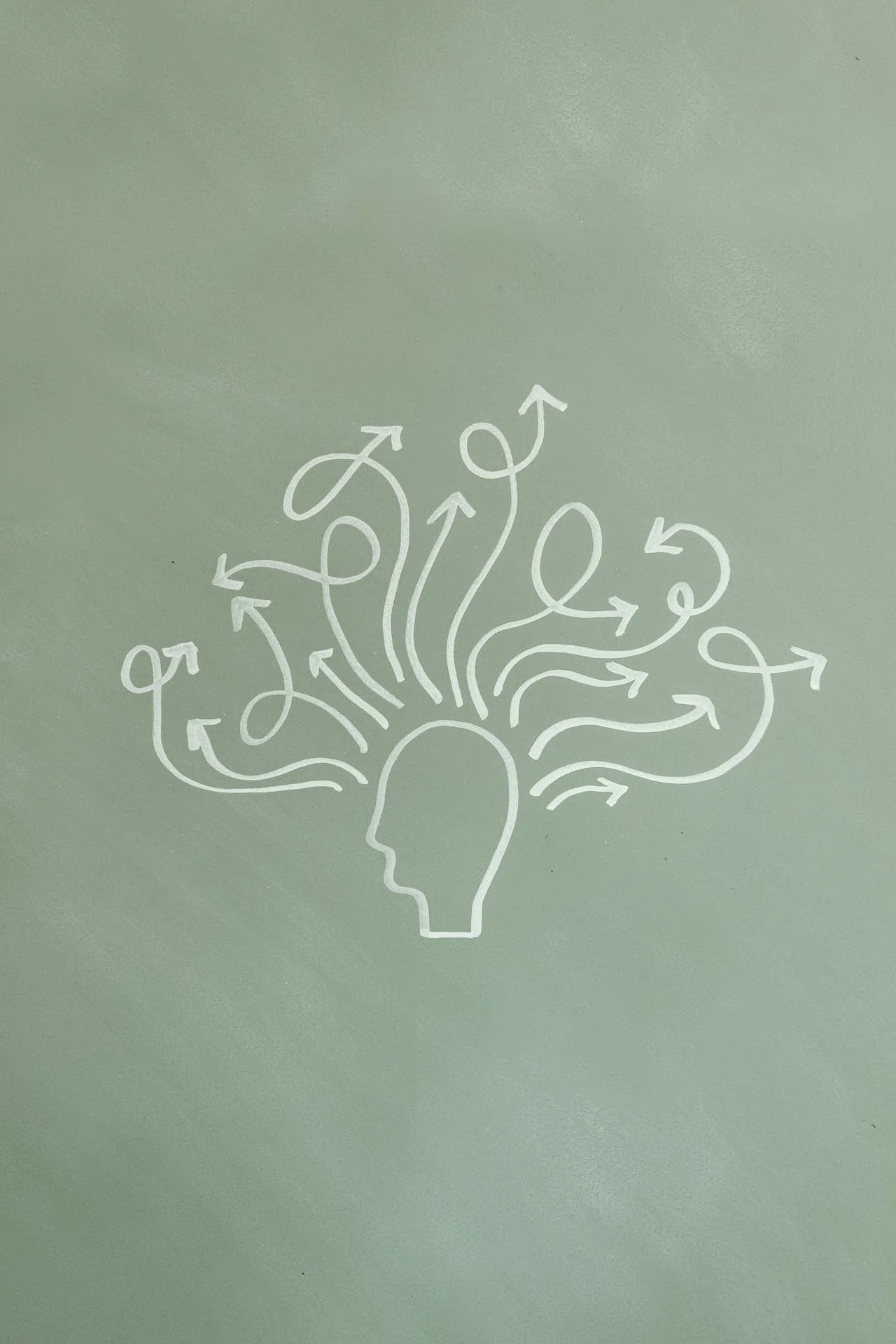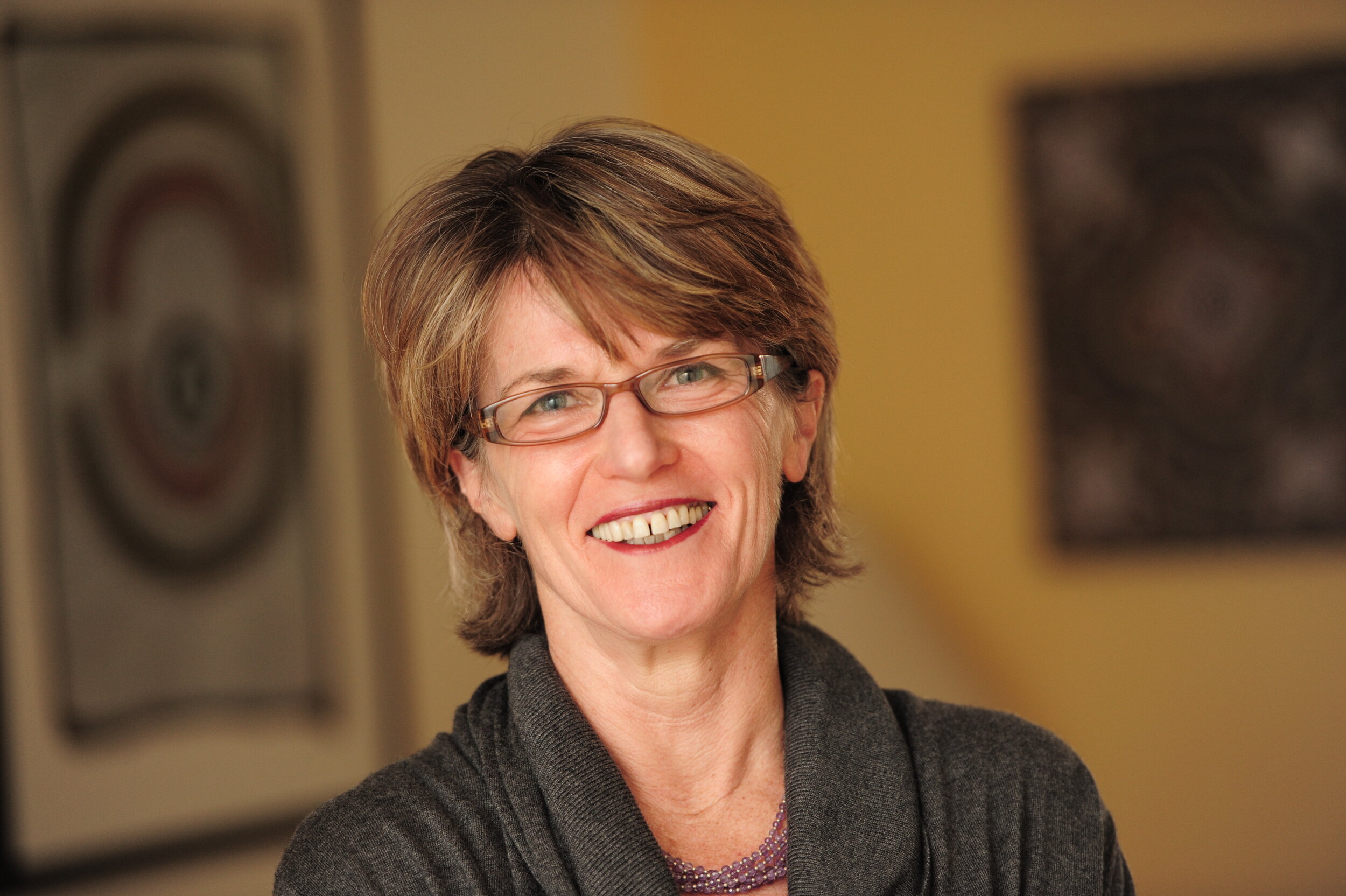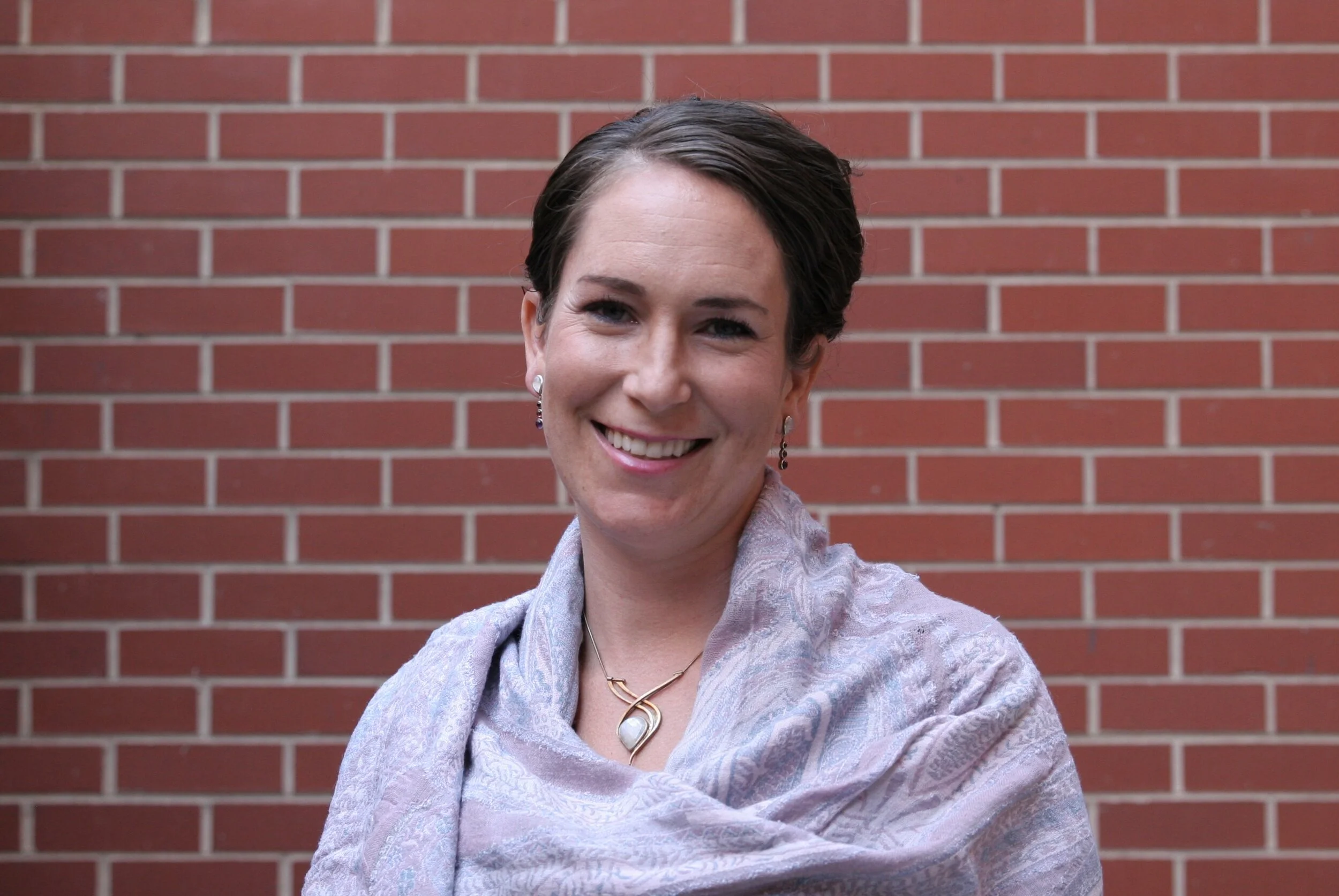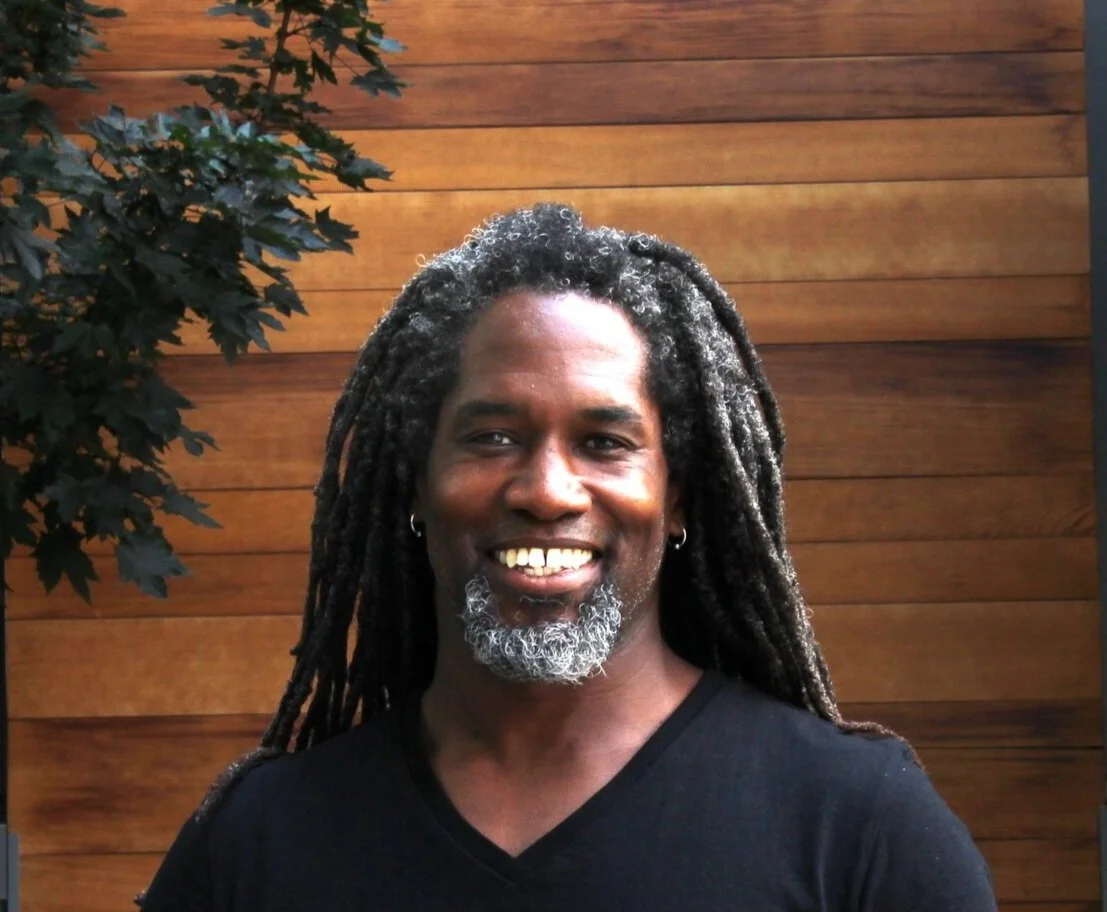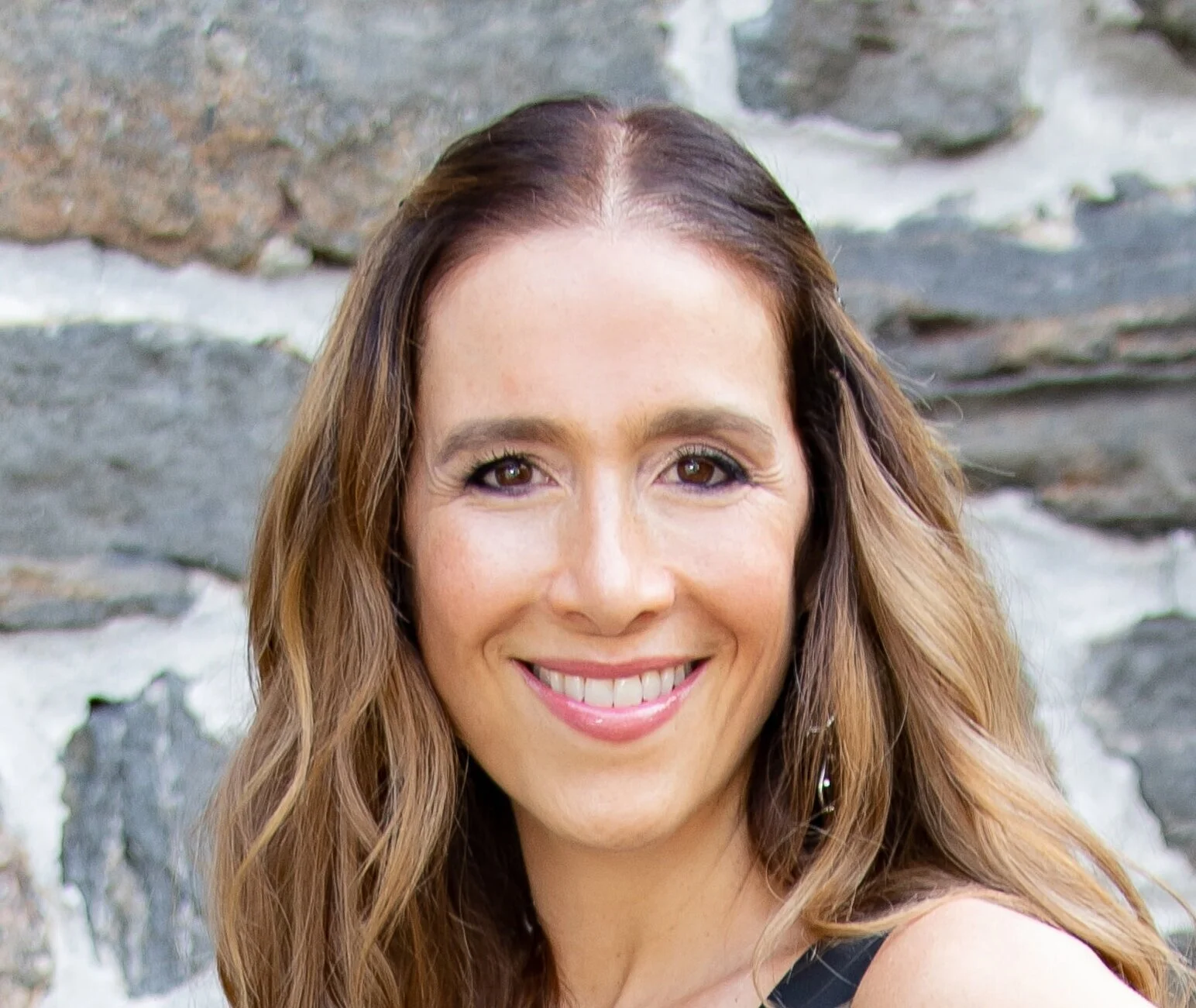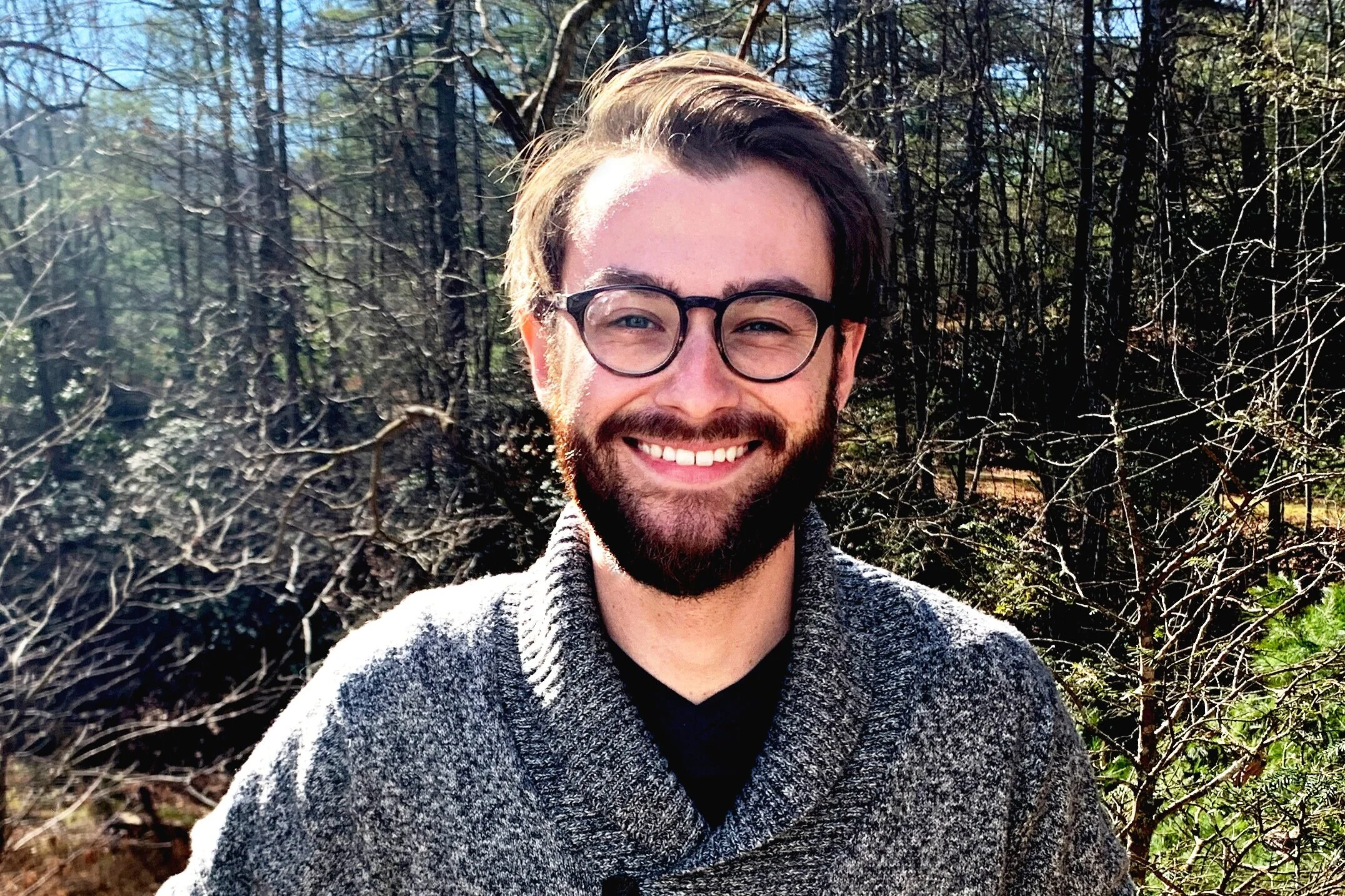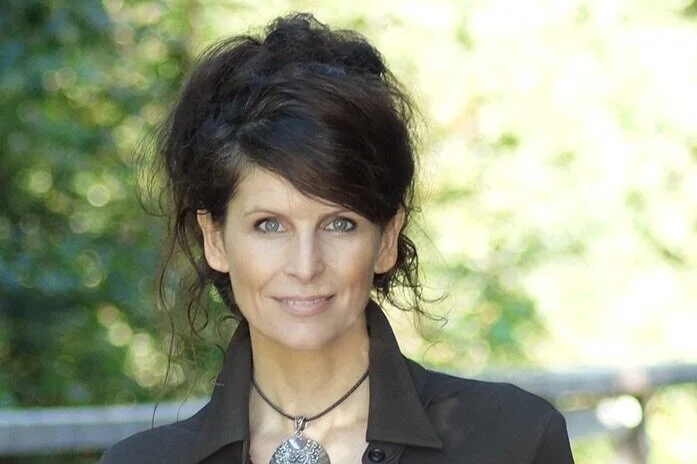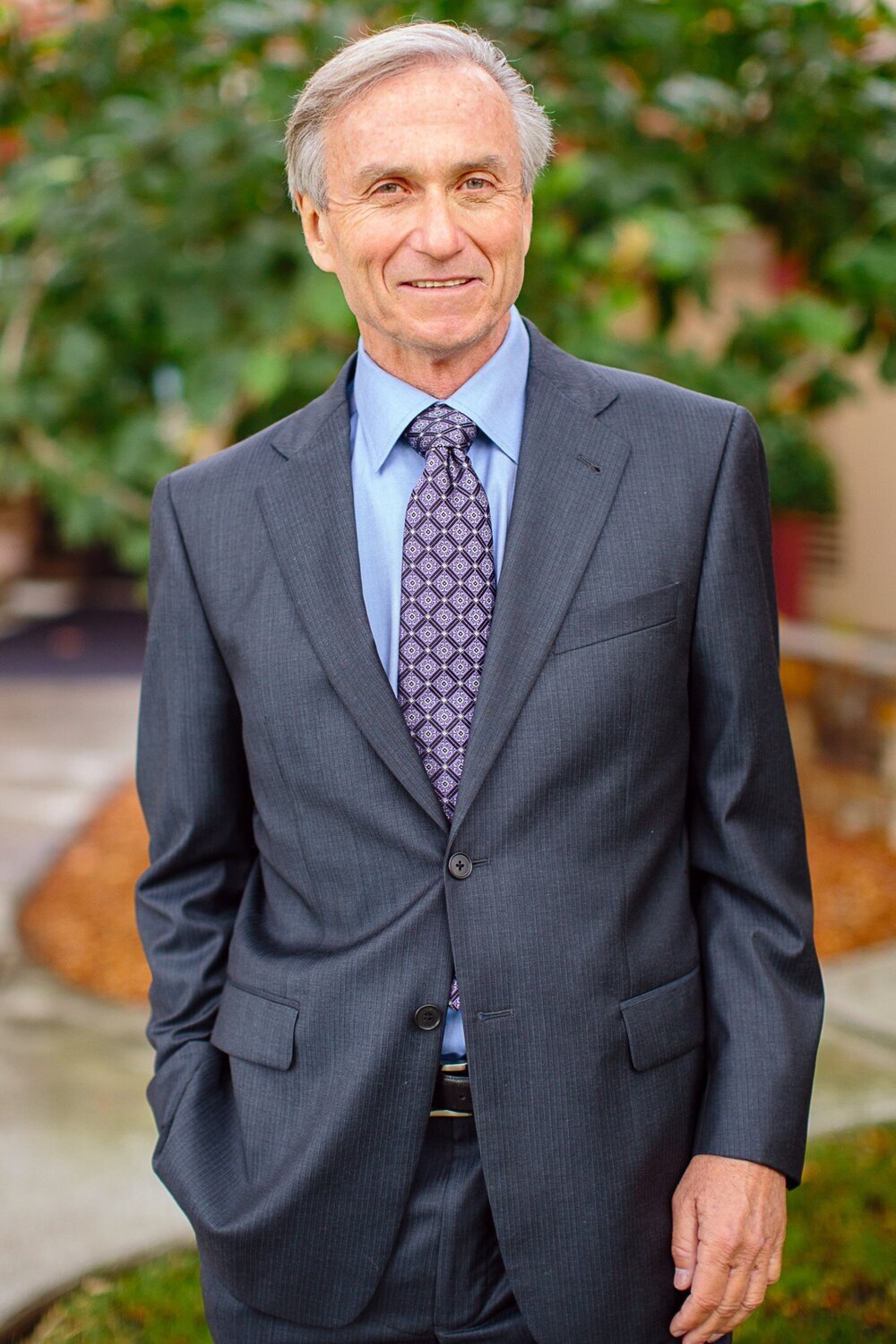#23 - Examining Partisanship, Nationalism, and Voting Behavior with Social Psychologist Dr. Huddy
Welcome to “The Elements of Being” podcast, where I dissect and explore the minds and habits of psychologists, filmmakers, writers, and industry icons. Essentially, we examine the mental and emotional narratives and processes that steer the social stream of consciousness….Truly a chance to geek out over the psychology behind human behavior. Each episode is a glimpse into the trends and patterns of human behavior and the underlying influences that navigate us into different directions. Whether we primarily focus on nutrition or the unconscious, guests share insights, thought-provoking lessons, the nuances of creativity, and the elements of being….us.
Today, I’d like to share the 3rd part of a series on the psychology behind the 2020 US presidential election and the political issues that pervade the campaign airwaves. A few episodes ago, my interview with Dr. Madva dissected the role of implicit biases as an undercurrent of many social injustices, including incidents related to racism and classism. And then, my conversation with Dr. Baron was an examination of the moral judgments surrounding political issues and our decision-making process. In this interview with Dr. Leonie Huddy, we discussed the roles and trends of partisanship in politics as well as the topics of nationalism, individualism, and voting behavior.
Dr. Huddy is Professor and Chair of the Department of Political Science at Stony Brook University. She is co-editor of the 2nd edition of the Oxford Handbook of Political Psychology, served as co-editor of the journal Political Psychology from 2005 till 2010, is past-president of the International Society of Political Psychology (ISPP), serves on the American National Election Studies Board of Overseers, often appears on CBS Radio as an exit poll analyst, and serves on numerous editorial boards in political science.
Dr. Huddy has written extensively on social and political identities, emotions, reactions to terrorism, gender and politics, and race relations. She is the co-author (with Stanley Feldman and George Marcus) of Going to War in Iraq: When Citizens and the Press Matter published by the University of Chicago Press. Dr. Huddy was born in Australia and shared an incredible global perspective on the current US political landscape.
In our interview, here’s what we specifically discussed:
-The difference between print and television journalism during the war in Iraq.
-How individualism affects the regulation of empathetic ability.
-Nationalist appeals and the connection to future elections worldwide.
-The difference between nationalism and patriotism.
-The social nature of partisanship and how it’s a form of tribal self-expression.
-The positive and negative consequences of political partisanship.
-What contributes to affective partisanship, and how we can diminish it.
-The role of partisan politics in our democracy.
-The underlying influences of voting behavior.
-The difference in voting behaviors between the US and other democracies.
To learn more about Dr. Leonie Huddy and his research, check out http://you.stonybrook.edu/leonie/!
